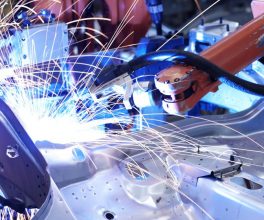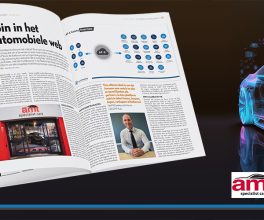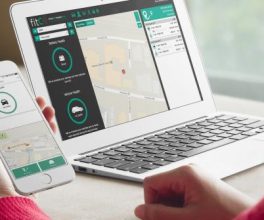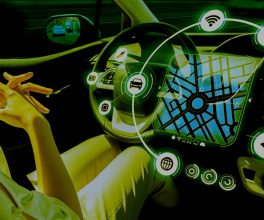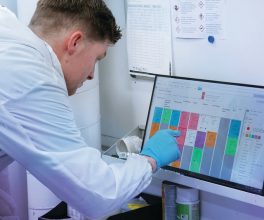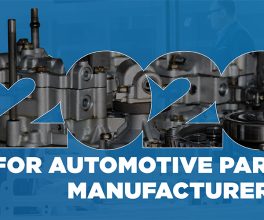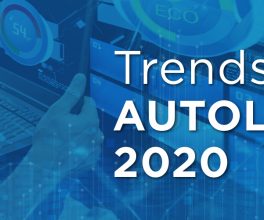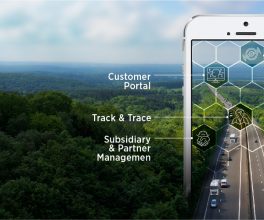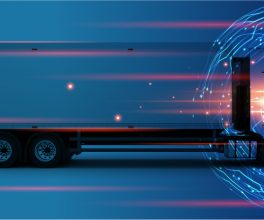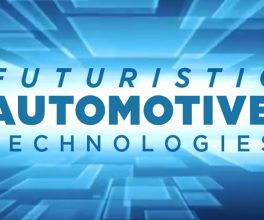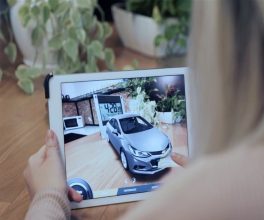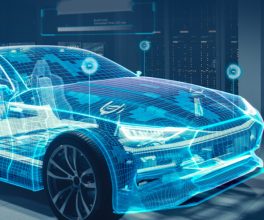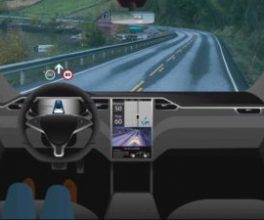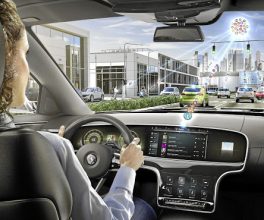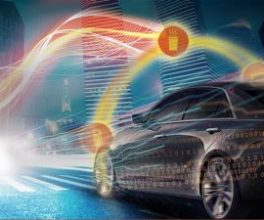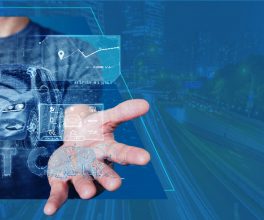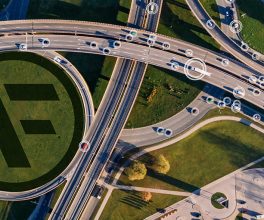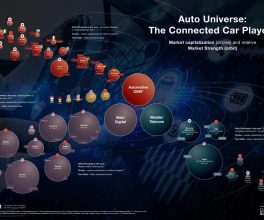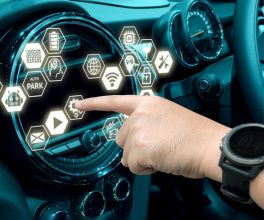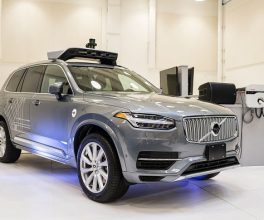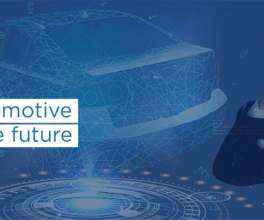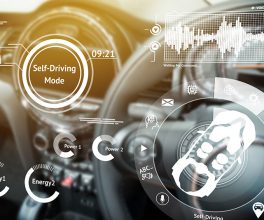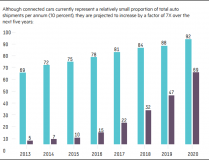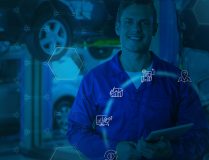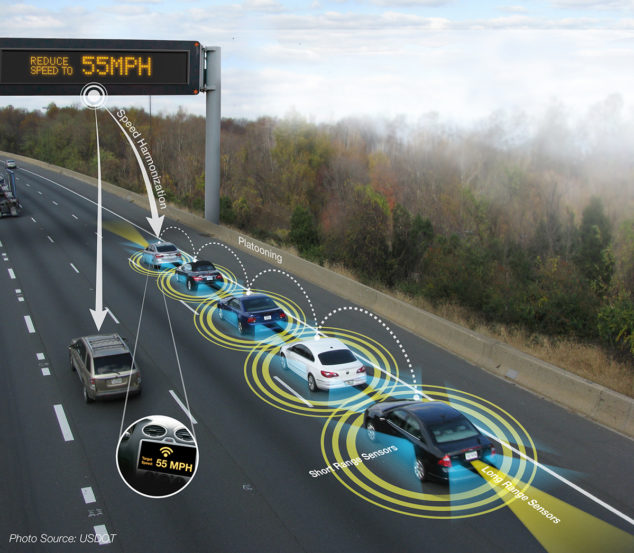AI and machine learning will play an integral role in the progression of self-driving vehicles on a public road
Driverless cars could soon be coming to a street near you. Following the completion of the UK’s largest collaborative trial of autonomous cars, which started in 2015, UK Autodrive has now been given the green light to start testing the driverless technology in public spaces around Milton Keynes and Coventry.
Furthermore, it has the government’s backing. Following the most recent Queen’s Speech, the government will introduce a new automated and electric vehicle bill which will ‘allow innovation to flourish and ensure the next wave of self-driving technology is invented, designed and operated safely in the UK.’
>See also: Autonomous agents make up the living network in an enterprise
With this in mind, we can be certain that driverless cars will soon become the norm. Artificial intelligence (AI) and machine learning will play an integral role in the progression of self-driving vehicles on public roads over the next few years.
Revolutionising modern driving
AI has the power to transform the way we operate vehicles today. Instead of using keys, we could be summoning our cars using our mobile phones. Compared to a decade ago, that doesn’t even seem that ‘futuristic’ – we already summon taxis with just a few taps in an app, and can open and start our cars without even touching a key. In fact, intelligent vehicles could eliminate the need for the next generation to own a driver’s license altogether.
These advances could revolutionise modern-day driving – but only if consumers are open to embracing the change. A recent OpenText study revealed that UK consumers see safety as the biggest benefit to autonomous driving. Over a quarter (27%) of Britons believe that the ability of driverless vehicles to obey all traffic rules will be a key factor to help improve overall road safety.
And they know the change is coming. Two-thirds of UK consumers (66%) think there will be more driverless cars on the road than normal cars within the next 15 years. Yet despite this initial optimism, almost half (46%) of consumers said they would not feel comfortable being a passenger in a driverless car.
>See also: Ford investing $1BN in AI company
Tesla, Google and Apple have been at the forefront of innovation in driverless and electric cars. Tesla has installed full autonomous driving software in every car it produces, including the new Model 3 released just last month. Google’s Waymo has now progressed to the point where it’s cut the number of human interventions needed for its driverless cars by more than half and plans to start testing a minivan version this year.
Traditional carmakers may have been slower out of the gates but they are well on their way to delivering fully connected cars in the near future. Ford, for example, plans to deliver its first autonomous car by 2021, and Volvo launched a trial in the UK with real families testing their driverless cars.
If they get it right, they’ll be able to survive the automotive transformation of the future. If they don’t, traditional car manufacturers that once dominated the industry will soon disappear – just look at how digital innovators like Uber and Monzo are winning over customers and causing serious disruption in the transport and finance sectors.
Putting data in the driver’s seat
When we saw Tom Cruise leaping between automated vehicles in 2002’s Minority Report, it felt like a reach into the future. Now, it seems almost banal. Self-driving cars are no longer the subject of science fiction; they’re rapidly becoming a reality.
What all of these cars have in common is the level of data they’ll generate. It’s estimated that each car will be powered by over 150 million lines of software code (more than is currently required by Google Chrome or the Mars Curiosity Rover) and generate 4000GB of data a day.
From onboard sensors to cameras to sonar navigation, every feature of a driverless car will produce a huge amount of data each day. The insights generated from these data sets will quickly become a powerful new commodity for automotive manufacturers, as they’ll be able to identify how the car is performing, and, more importantly, alert users to possible safety issues. This is critical if British citizens are to be truly comfortable as a passenger in any driverless car. Without the trust of the public, the innovation may well fall flat.
>See also: AI: the greatest threat in human history?
This is only scratching the surface of the data’s potential. Take the Waze App, for example. It’s a community-generated navigation platform that allows drivers to add traffic congestion alerts and see them in real-time. Add that technology to every driverless car, and each could automatically feed into and update the system, projecting and updating traffic wait times and recalibrating routes when necessary. Its use in overpopulated urban areas, for example, could go a long way to alleviate congestion and manage the flow of traffic.
Beyond potential app integration, passenger data has even more promise. A user’s preference in music, the number of passengers in the car, the presence of a child’s car seat, or the passenger’s emotional state could all be tracked via sensors.
There are endless opportunities for organisations to derive actionable insights from the data, such as suggesting playlists or selecting rest stops based on occupant. However, as with data-driven marketing today, a clear balance needs to be struck between privacy and necessity, where the passenger is able to opt-in or not.
In this hyper-connected world, car companies need to ensure they are not only delivering the most innovative connected technology but that this technology is also safe and reliable. This will instil the level of trust needed for mainstream adoption. AI will be the catalyst for automakers to take driverless cars from concept and trial to reality. And when they’ve arrived, it will still only be the beginning. As true innovation will continue to learn from and grow with data and human need at its core.
Sourced by Mark Bridger, vice president of sales, Northern Europe, OpenText
Courtesy of information age

